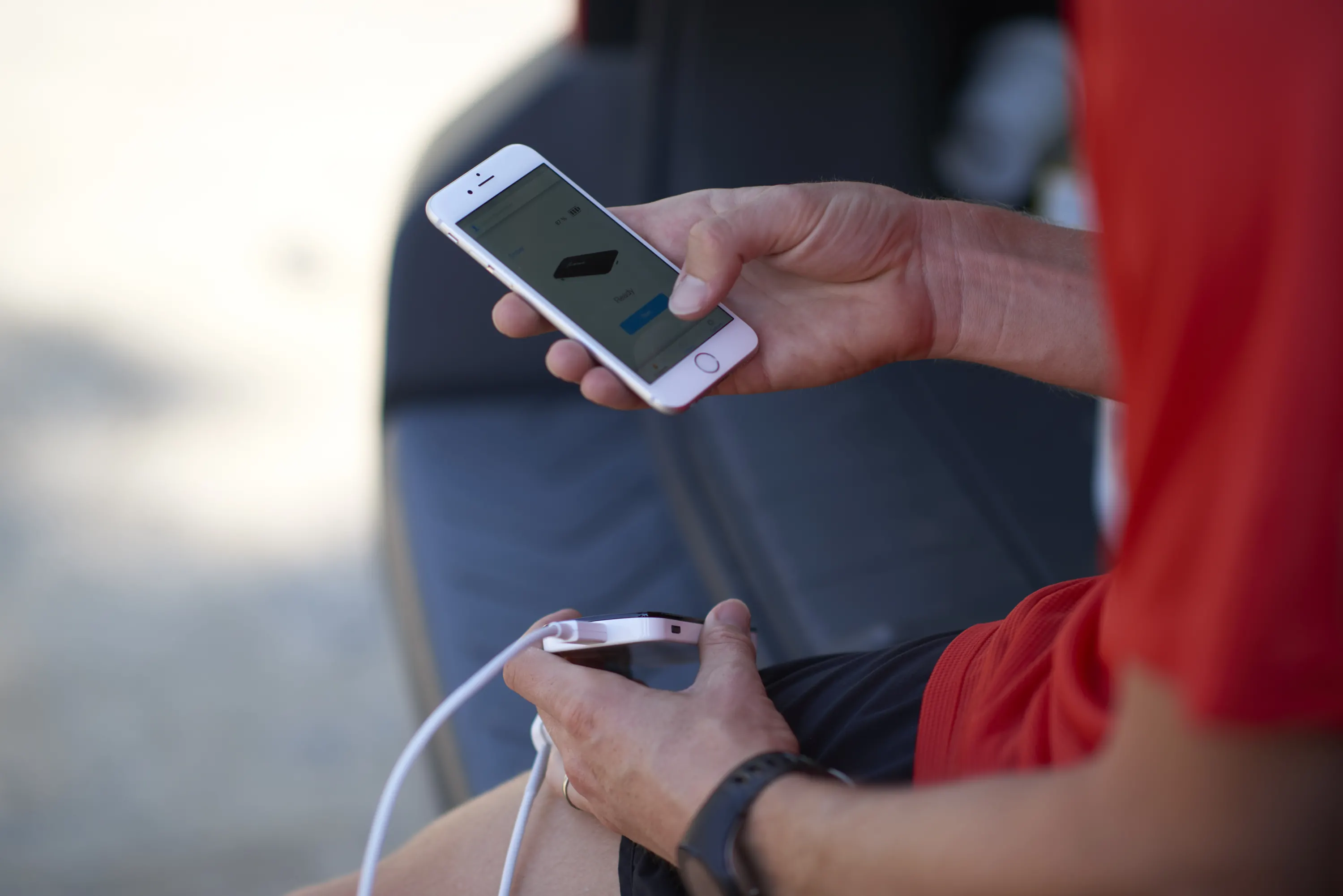By Jarrod Shoemaker
It’s Spring… now what!?
Now that we are into spring and the weather is starting to turn it is time to turn on the racing brain. As both an athlete and a coach, I have always enjoyed making the early season about doing something fun before it is time for your A races.
Over the offseason, I always believe it is important to do races outside your comfort zone, such as cyclocross and pool swim races, but now that we are in season adding in races to help you tune towards your A races is more important. These types of races include 5k, 10k, open water swim, and cycling races.
1) Make sure the race is similar to your races. Do a 5k if prepping for a sprint triathlon.
2) Try out a bike TT race to really push yourself if you are looking towards non-draft racing.
3) Pair up a bike TT race with a short run effort afterward, or if you are feeling ambitious do a bike ride to a 5k or 10k and then do that race.
The most important take away from these races is to learn where your training is at and how your body responds. If you are looking to do an Olympic distance race, running a good 10k race will show you how close you are to getting into race shape and also give you a different perspective on racing. These races can be integrated into your training, such as a run on a Saturday or Sunday around your other workouts. This will give you a good indication of how your body responds while you have a normal training load.

I generally use these workouts to see how long it takes for an athlete to recover from a slightly higher impact workload. I use my Ember to see how quickly my Pulse Rate Variability (PRV) responds and how quickly my hemoglobin bounces back. PRV is a great tool to see how much the space in between your heart beats changes which shows how your nervous system is adapting to the changes and stresses in your life. The higher the number the better your body is recovered. A lower PRV means that that space between your heart beats is changing quite a lot and your body is not ready to perform again. PRV is one of the many great tools the Ember device has, along with hemoglobin and 8 other parameters.
When an athlete is in a period of higher training load, it is important to have metrics to allow both the coach and the athlete assess the adaptation to any extreme training load. I always look at adding in training races to get feedback on how athletes are improving after a good training block.





